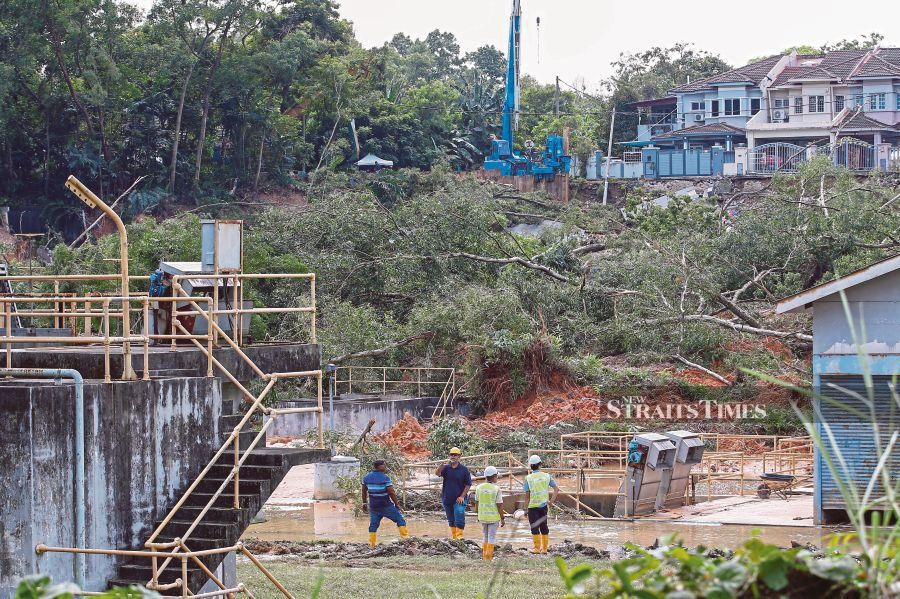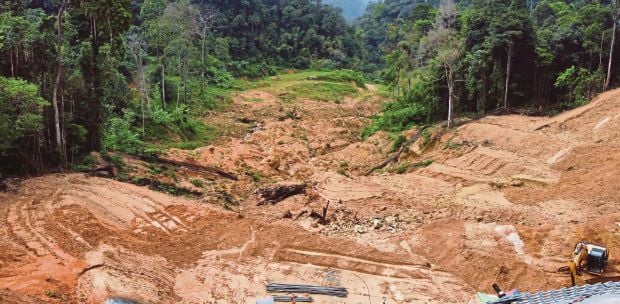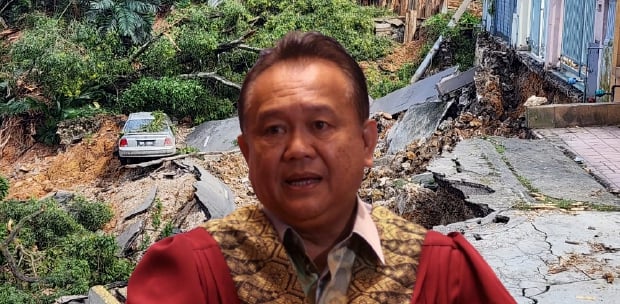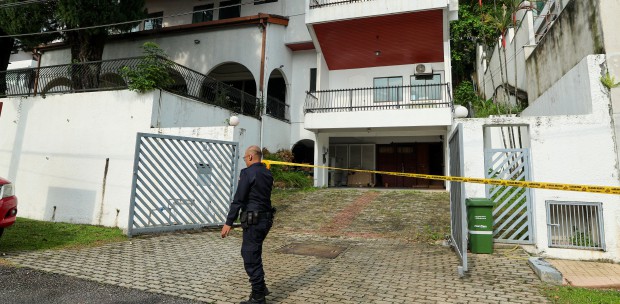KUALA LUMPUR: Recent landslides in residential areas have prompted experts to call on the government to establish a centralised federal agency for slope engineering.
The agency, they said, can assist local authorities in identifying landslide-prone areas and draw up mitigation measures to prevent future and recurring landslides.
Geotechnical experts have also said that Malaysia is at risk of experiencing more landslides due to climate change and development projects.
Datuk Dr Gue See Sew, chief executive officer of engineering consultancy G&P Professionals, said a centralised agency is crucial due to the lack of geotechnical experts for the 149 local authorities in Malaysia.
"The agency can offer support to local councils in terms of risk assessment, technical expertise, policy review and guidelines.
"They would not only provide technical support, but also streamline and standardise the assessment and reinforcement processes in all councils.
"Climate change, particularly increased rainfall intensity, could increase the frequency of landslides.
"In addition, the risk of landslides is heightened during the monsoon season," he told the New Straits Times.
Gue said the urgency stems from the risks associated with soft soil, weak gradients, and inadequate stability measures — all factors that contribute to landslides.
He said manmade factors, such as improper development and cutting of slopes, could also contribute to instability.
"Slope stability depends on the geometry, material and water. You cannot attribute landslides to a single factor.
"There is a threshold for when a slope is deemed unsafe for development.
"This is why local authorities must be provided with geotechnical experts from a centralised agency to assist with data collection and inspections on slopes."
His remarks came on the heels of a series of landslides, the latest being in Jalan Wawasan 3/9 Taman Wawasan, Puchong, Serdang, which led to nine houses being evacuated on Dec 16.
On Nov 25, a 30m landslide occurred at a slope near the Taman Cheras Mas apartments, Cheras, while on June 27, a landslide hit Section 45 of Jalan Simpang Pulai-Blue Valley in Ipoh, Perak.
Gue said the National Slope Master Plan 2009-2023 had proposed the establishment of such an agency in 2014.
However, the proposal was never tabled in Parliament.
The Public Works Department's (PWD) Slope Engineering Agency (SEA) was planned to mature into a full-fledged independent body but never came to fruition, Gue said.
"The SEA serves the PWD and it sometimes helps other departments in certain aspects, but is not tied to them.
"So we need a dedicated agency that works under a ministry that is involved with local authorities.
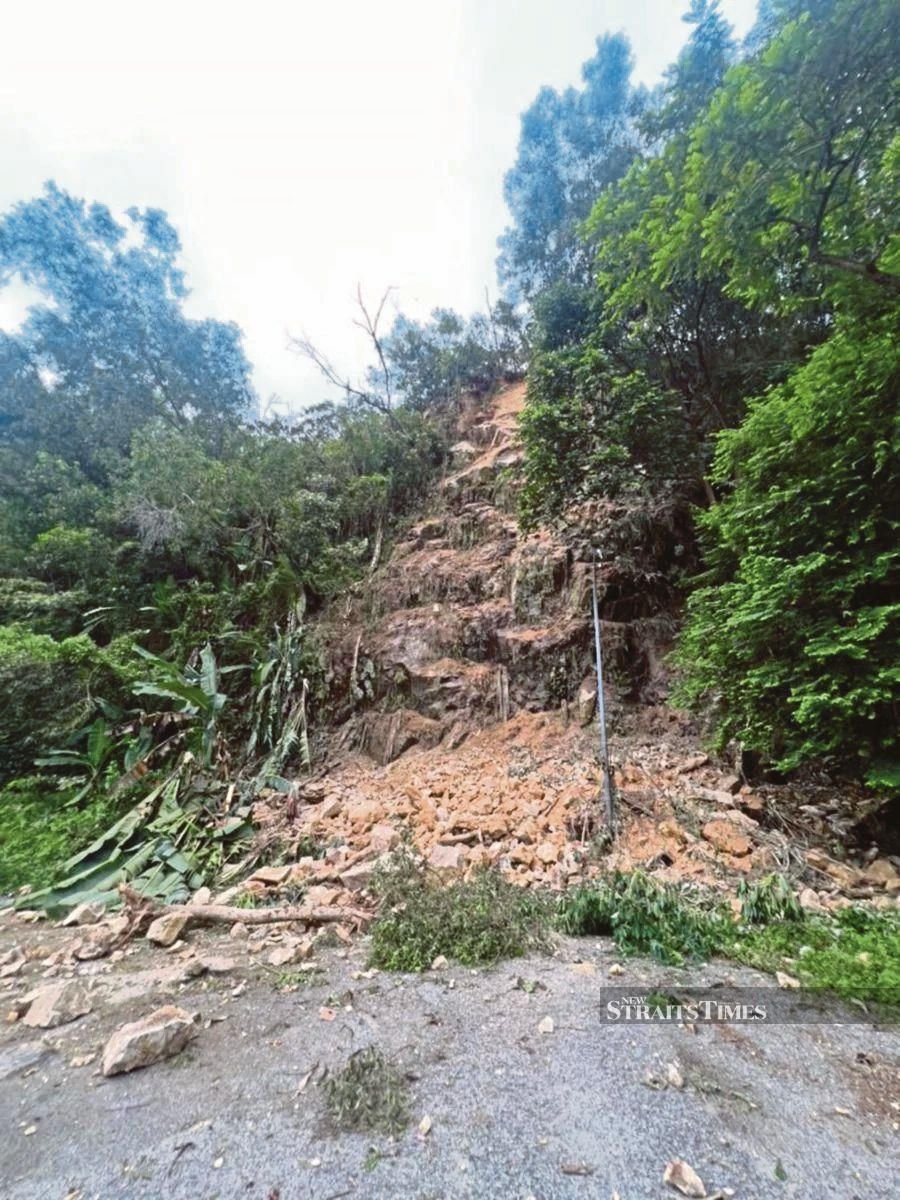
"The Housing and Local Government Ministry is the suitable candidate.
"We are in 2024 and there has yet to be light shed on this matter.
"I hope the Prime Minister (Datuk Seri Anwar Ibrahim) can consider it (centralised agency).
"Are we waiting for another tragedy to occur before we consider measures that must be taken?"
He said Malaysia could take a page from Hong Kong's Geotechnical Engineering Office (GEO), an organisation responsible for geotechnical engineering activities related to the safe and economic utilisation and development of land.
"Hong Kong's GEO serves as an effective role model for slope management."
He said GEO's roles included maintaining and updating a catalogue of slopes, as well using a computerised slope information system for analysis.
Another role involves managing consultants to conduct geotechnical studies on private manmade slopes.
These studies identify potentially substandard features, leading to follow-up actions such as advisory letters or dangerous hillside orders issued by the Buildings Department based on GEO's recommendations.
The studies prioritise actions according to a ranked priority order and may address features on an area basis.
Gue said a centralised agency can also work with the National Physical Planning Council (NPPC) on project approvals.
He said while other agencies might focus on the condition of hills or slopes, the NPPC could take a broader approach, considering the overall suitability of a development.
"There would not be any sort of duty overlap, because the centralised agency focuses on the soil condition of the hill or slope, the technical aspects, as mentioned before.
"I believe the NPPC focuses on comprehensive planning rather than intricate engineering details, leaving technical aspects to local councils."
He said the government must focus on preventive actions because more landslides could be expected if there is no concerted effort to mitigate risks.
"As Malaysia faces the threat of landslides, the creation of a dedicated agency becomes not just a recommendation but also an urgent necessity."


